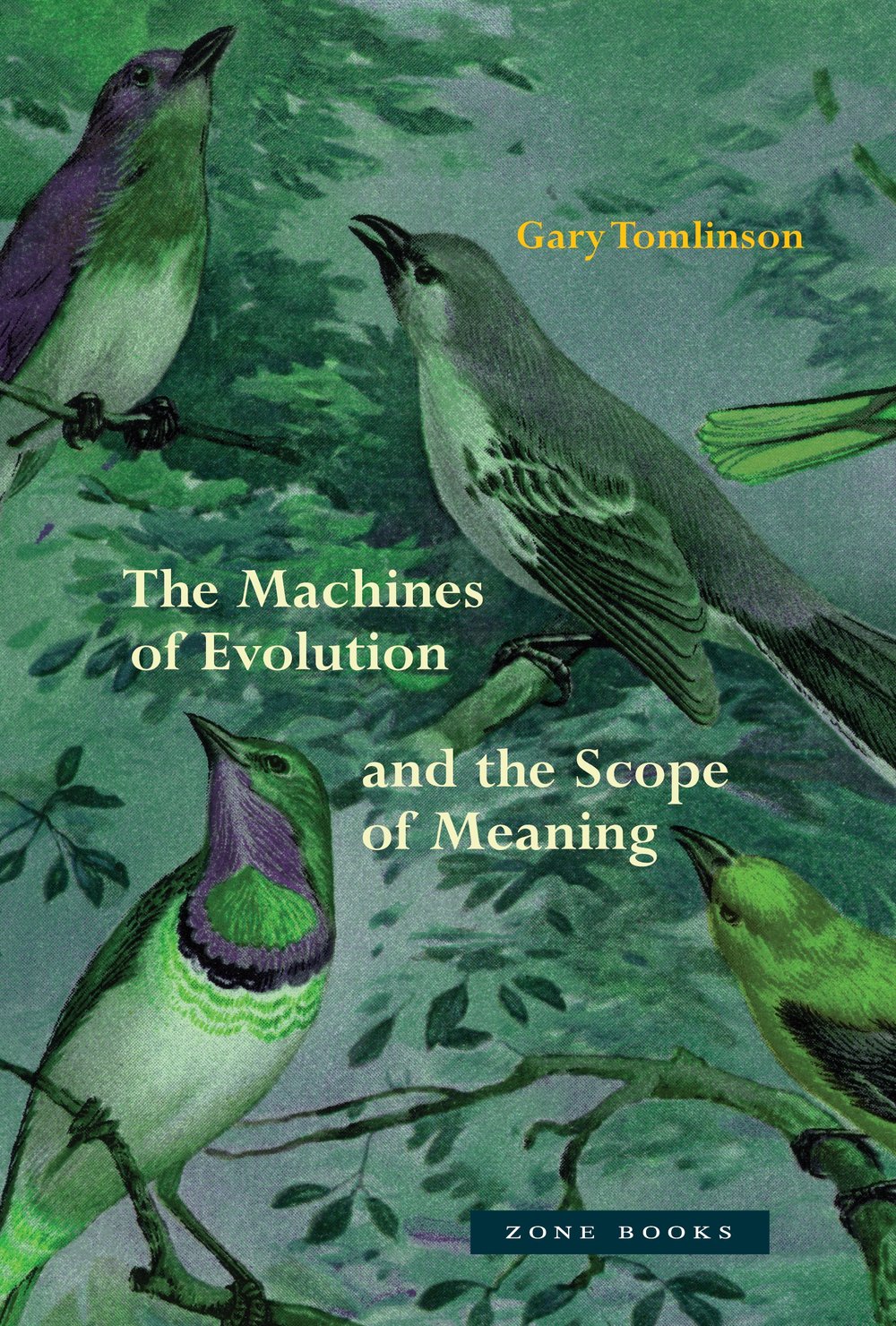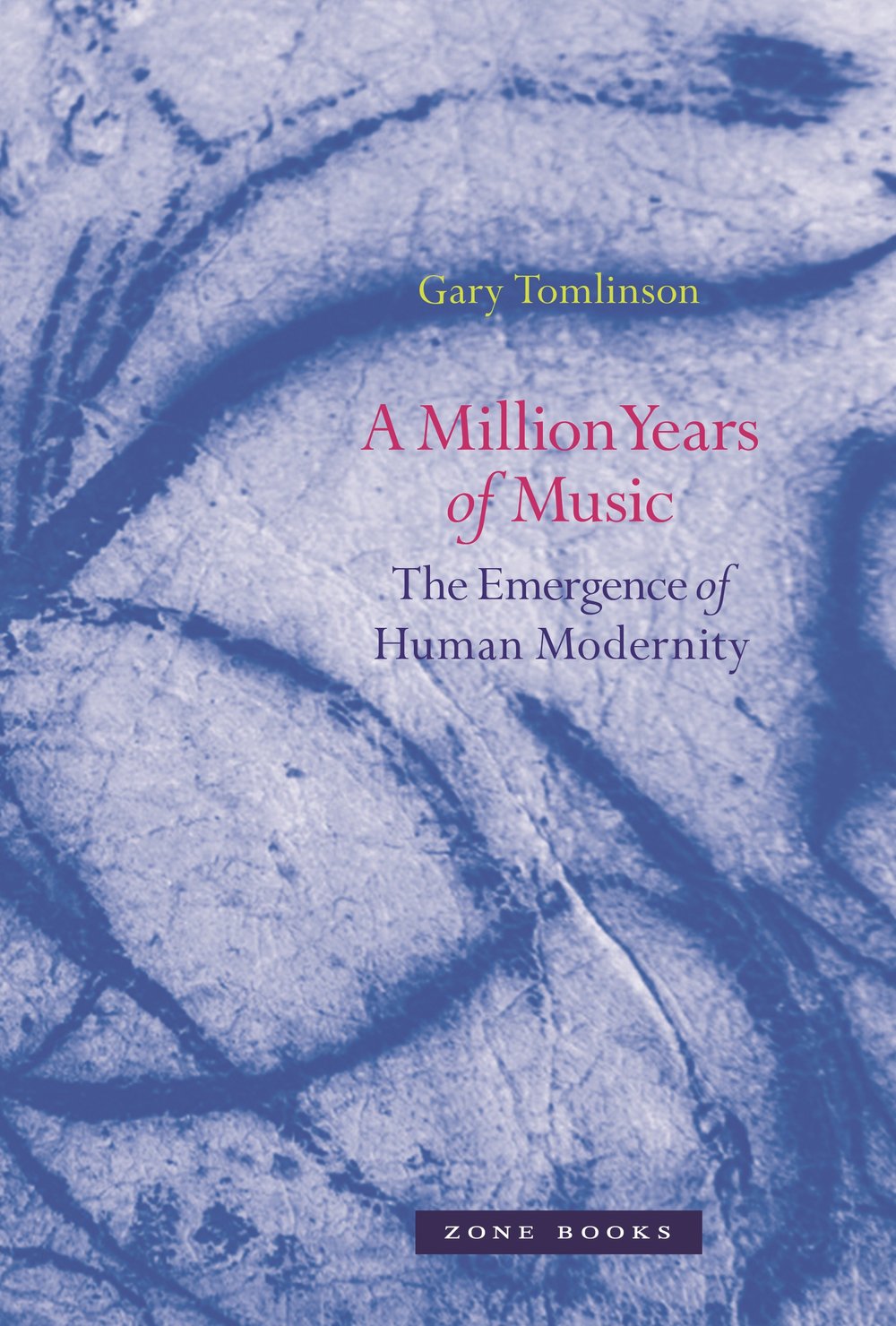The Machines of Evolution and the Scope of Meaning

A groundbreaking account of the origin and place of meaning in the earthly biosphere
What is meaning? How does it arise? Where is it found in the world? In recent years, philosophers and scientists have answered these questions in different ways. Some see meaning as a uniquely human achievement, others extend it to trees, microbes, and even to the bonding of DNA and RNA molecules. In this groundbreaking book, Gary Tomlinson defines a middle path. Combining emergent thinking about evolution, new research on animal behaviors, and theories of information and signs, he tracks meaning far out into the animal world. At the same time he discerns limits to its scope and identifies innumerable life forms, including many animals and all other organisms, that make no meanings at all.
Tomlinson’s map of meaning starts from signs, the fundamental units of reference or aboutness. Where signs are at work they shape meaning-laden lifeways, offering possibilities for distinctive organism/niche interactions and sometimes leading to technology and culture. The emergence of meaning does not, however, monopolize complexity in the living world. Countless organisms generate awe-inspiring behavioral intricacies without meaning. The Machines of Evolution and the Scope of Meaning offers a revaluation of both meaning and meaninglessness, uncovering a foundational difference in animal solutions to the hard problem of life.

Gary Tomlinson is Sterling Professor of Music and Humanities at Yale University and the author of books on music, culture, and evolution, including A Million Years of Music: The Emergence of Human Modernity.


